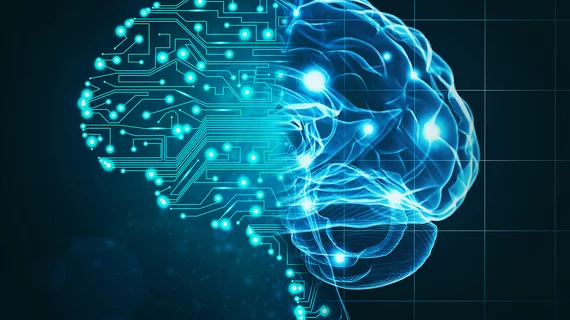Is AI biting off more than it can chew in radiology?
Imaging utilization has skyrocketed over the past 20 years and artificial intelligence experts have promised that the technology can help ease the workload. But one expert believes these algorithms might be biting off more than they can chew.
“The most significant issue is that the technology simply isn’t ready,” Sai Balasubramanian, a lawyer currently pursuing his MD at Southern Illinois University School of Medicine, argued in a recent Forbes commentary.
He pointed to a number of factors, including the fact that AI hasn’t yet matured to process and manage the immense datasets required in imaging. Legal and regulatory implications of AI in radiology are also “numerous and complex,” he wrote. Data privacy concerns need to be addressed, given the large volumes of data needed to train neural networks. And who will be responsible if an algorithm misdiagnosis a patient?
Above all else, Balasubramanian believes AI can’t offer the human touch that imaging experts can, as of now. That includes correlating images with the physical patient, comparing historical images to determine disease progression and an inability to collaborate with human teams on healthcare decisions.
Read the entire Forbes piece below.

